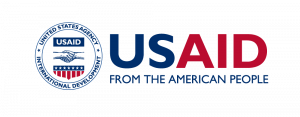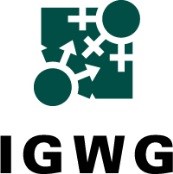Read the blog sharing insights from the event here.
Why
- Explore the linkages between gender-based violence (GBV) prevention and response interventions and comprehensive sexuality education (CSE).
- Learn about UNESCO’s efforts to integrate GBV prevention into its revised guidance on CSE, International Technical Guidance on Sexuality Education: An Evidence Informed Approach.
- Highlight the existing evidence base, lessons learned, and promising practices from implementing CSE as part of comprehensive GBV prevention and response programming.
Join the Interagency Gender Working Group (IGWG) GBV Task Force for a virtual event, Examining Comprehensive Sexuality Education in Gender-Based Violence Prevention and Response Efforts, on December 5 from 9:30-11:00 a.m. EST.
Comprehensive sexuality education (CSE) is backed by three decades of empirical and scientific evidence and has been linked to specific health outcomes like increased use of contraception and reduced GBV. It teaches the skills needed to develop healthy relationships and can be a critical component of a holistic approach to prevent GBV among young people.
Explore how CSE is being integrated within global GBV prevention and response programming, including how it can be leveraged as part of GBV prevention and response to strengthen this programming. We will look at the role of GBV in CSE curricula, existing evidence around the effectiveness of integrated interventions, and opportunities to strengthen these approaches. Attendees will come away better equipped to consider the potential to integrate CSE within existing and new GBV prevention and response efforts, identify where investments are needed to improve these efforts, and better understand the relationship between CSE curricula and GBV prevention and response.
First, representatives from UNESCO will present on how the organization’s updated International Technical Guidance on Sexuality Education: An Evidence Informed Approach was revised to enhance and expand key concepts to include GBV components. Next, a panel of experts will discuss evidence, insights, and lessons learned from programs integrating CSE into GBV prevention and response efforts, and future opportunities and investments needed.
Panelists include:
- Avni Amin, Technical Officer, Violence Against Women, World Health Organization (Moderator)
- Shamah Bulangis, Co-chair, Transform Education, Philippines
- Jeannie Ferreras, National Programme Officer Gender and Youth, UNFPA, Dominican Republic
- Sheena Hadi, Executive Director, Aahung, Pakistan
- Remmy Shawa, Senior Project Officer- Health Education, UNESCO, South Africa




